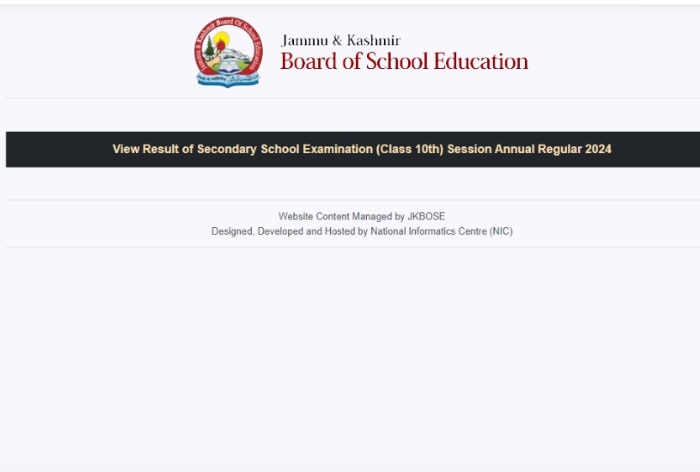MBA vs Executive MBA: Are MBA and Executive MBA different? Which one pays more?

MBA vs Executive MBA Difference: BBA, BA, BTech, BCA, BCom.. By doing any degree course in Bachelors, youth can be admitted to an MBA for post-graduation. There are many types of MBA, from short-term to full-time. Some give a degree, some a diploma, and some a certificate. Employed youth give priority to Executive MBA instead of normal MBA. Executive MBA is taught in most management colleges.
For the last several years, MBA has been on top of trending career options. By getting an MBA degree, it becomes easy to get a good job in big companies. After passing an MBA, one gets a salary of lakhs, crores. Location, institute, and specialization also have a lot of impact on it. Before taking admission in any course, it is important to gather information about it. Know what is the difference between an MBA and an Executive MBA.
MBA Careers: What is special in MBA (Master of Business Administration)?
MBA is a full-time course. It is usually for 2 years. This course is designed for new professionals. It focuses on both theoretical and practical knowledge. To get admission to an MBA course at a top management college, it is necessary to pass exams like CAT, MAT, and GMAT. Without these, it is difficult to get admission. MBA degree course also includes internship and project work.
What is Executive MBA: What is special in Executive MBA (EMBA)?
Executive MBA is a part-time or online degree course. It is usually for 1-2 years. Executive MBA course is designed for experienced professionals who want to achieve growth in their careers. It focuses on practical knowledge and case studies. For admission to EMBA, a GMAT score and work experience are usually required. There is no internship or project work in it.
10 Differences Between MBA and Executive MBA
The 10 main differences between MBA and Executive MBA are as follows:
1. Course Duration
– MBA: 2 years
– Executive MBA: 1 to 2 years
2. Target Group
– MBA: New Business Professionals
– Executive MBA: Experienced Professionals
3. Syllabus
– MBA Syllabus: Theoretical and Practical Knowledge
– Executive MBA Syllabus: Practical Knowledge and Case Studies
4. Admission Requirements
– MBA: Scores of exams like CAT, MAT, GMAT
– Executive MBA: GMAT score and work experience
5. Course Format
– MBA: Including internships and project work
– Executive MBA: Focus on case studies and group projects
6. Mode of Study
– MBA: Full Time
– Executive MBA: Part-time or Online
7. Fees
– MBA Fees: High
– Executive MBA Fees: Low
8. Experience Required
– MBA: No experience required
– Executive MBA: Minimum 2-5 years of experience required
9. Specialization
– MBA: Various specialization options available
– Executive MBA: Limited specialization options
10. Career Options
– MBA Career Options: Career start for new business professionals
– Executive MBA Career Options: Career growth opportunities for experienced professionals





